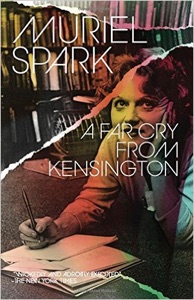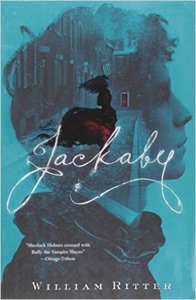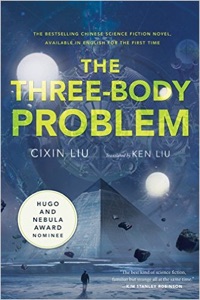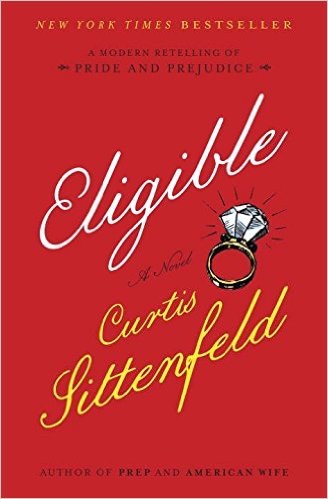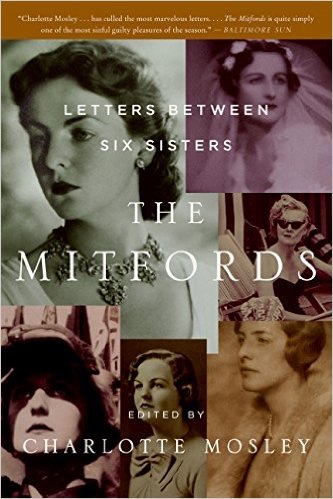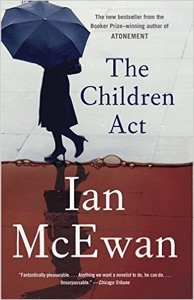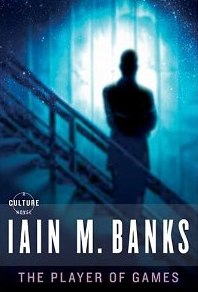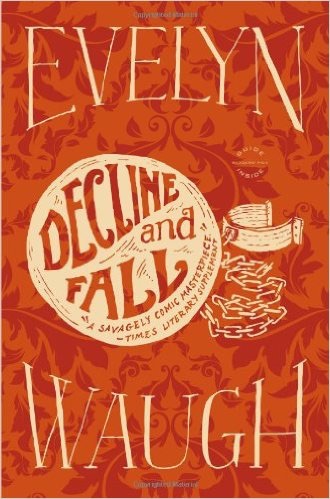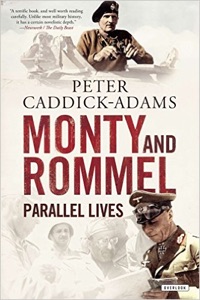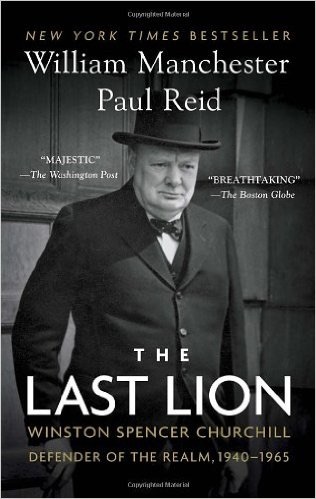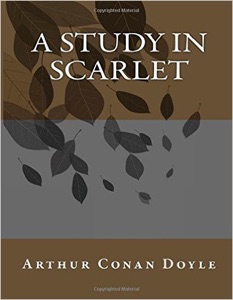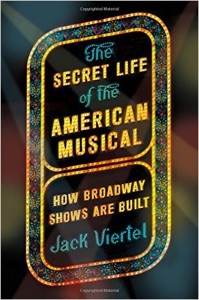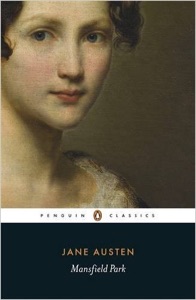I sought out this dual biography because I want to know how it came to pass that a gay man was in charge of such a large part of World War II, and how people managed with that. Montgomery’s homosexuality is something I’d always assumed was understood. It turns out to be a myth – at least, Caddice-Adams dismisses the notion when we finally get there, some 500 pages into the work. (I assume that I got this impression, for better or worse, from my mother. She knew a lot, and in the late 40s and early 50s she had interesting sources. She had no question at all, for example, that Eisenhower had an affair with Kay Summersby. Biographers now dismiss this, and I have know idea whether my mother knew this as an emotional truth or because someone told her, and for Mom that could have been anyone from the grocer to Summersby.)
Anyway, Montgomery was an interesting fellow who was so good at putting up a façade that he leaves his biographer with rather little to work with: there’s plenty of incident and lots of photo opportunities but not a lot of character. Perhaps Caddice-Adams’ best moment is at Normandy when he points out that, for the first day, the majority of the troops in France were British. It was the end of a long era: Britain’s last day as a superpower.
This book spends a lot of time on strategy and tactics, but doesn’t quite pin down whether Montgomery’s famous caution was a sensible response to his manpower problems, to the memory of the trenches, or to the complex political climate he inhabited. I wish, too, that I knew what Montgomery thought of Macarthur – not only in the Pacific War, but even more in Korea. Montgomery had his problems with Churchill (and separately with Clementine Churchill); I wonder what he made of the “old soldiers never die” speech.
June 4, 2016 (permalink)
